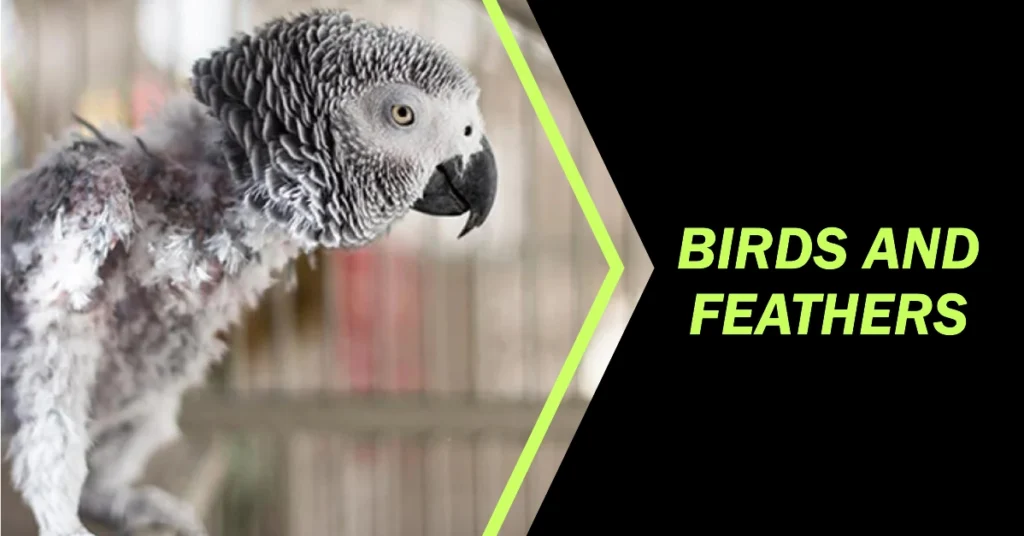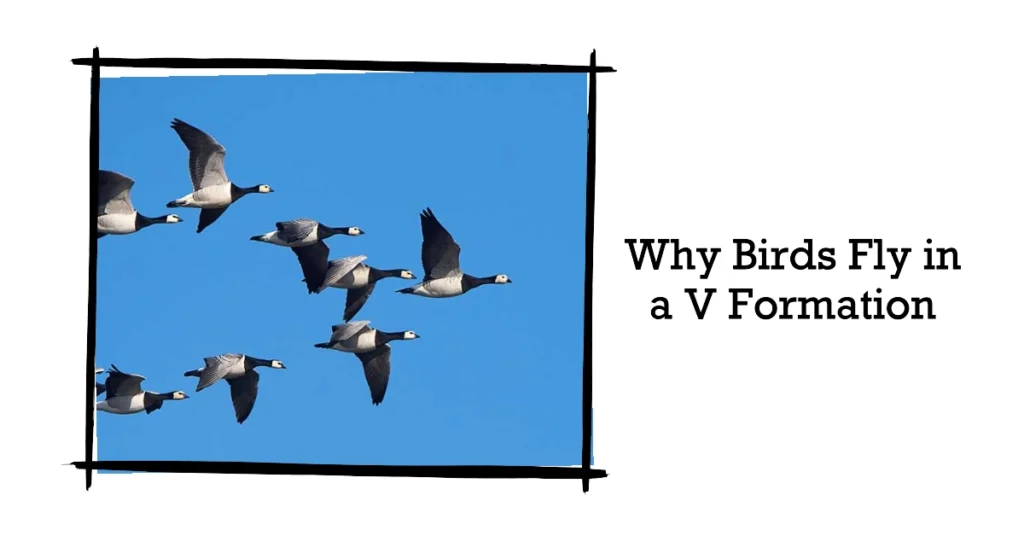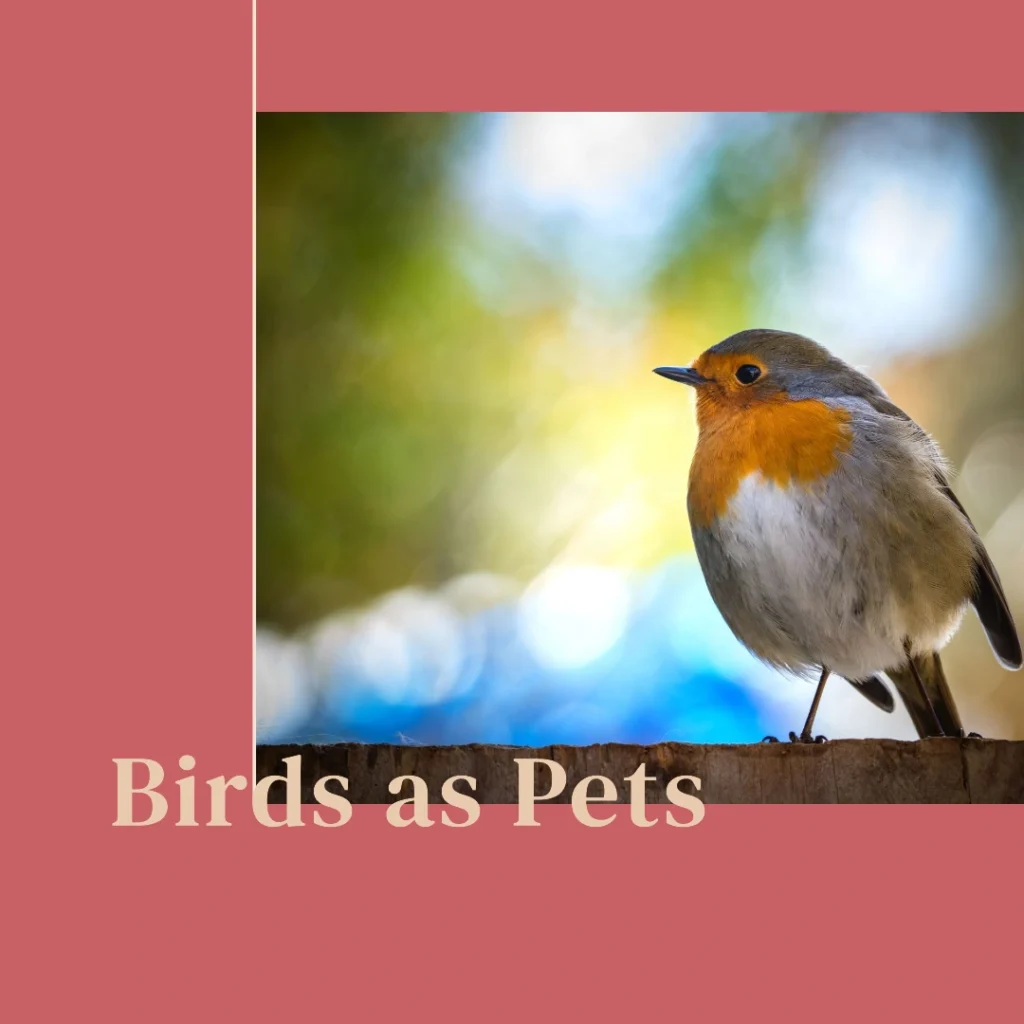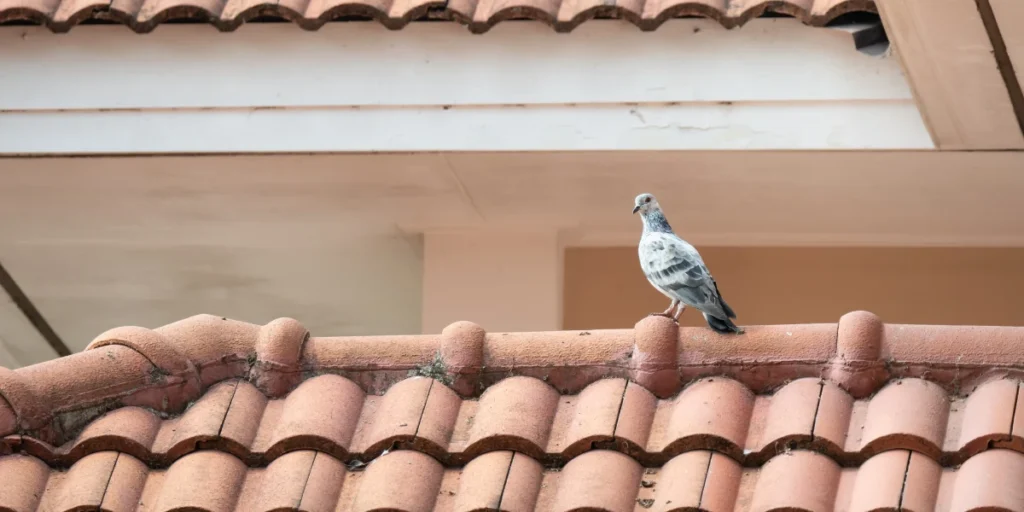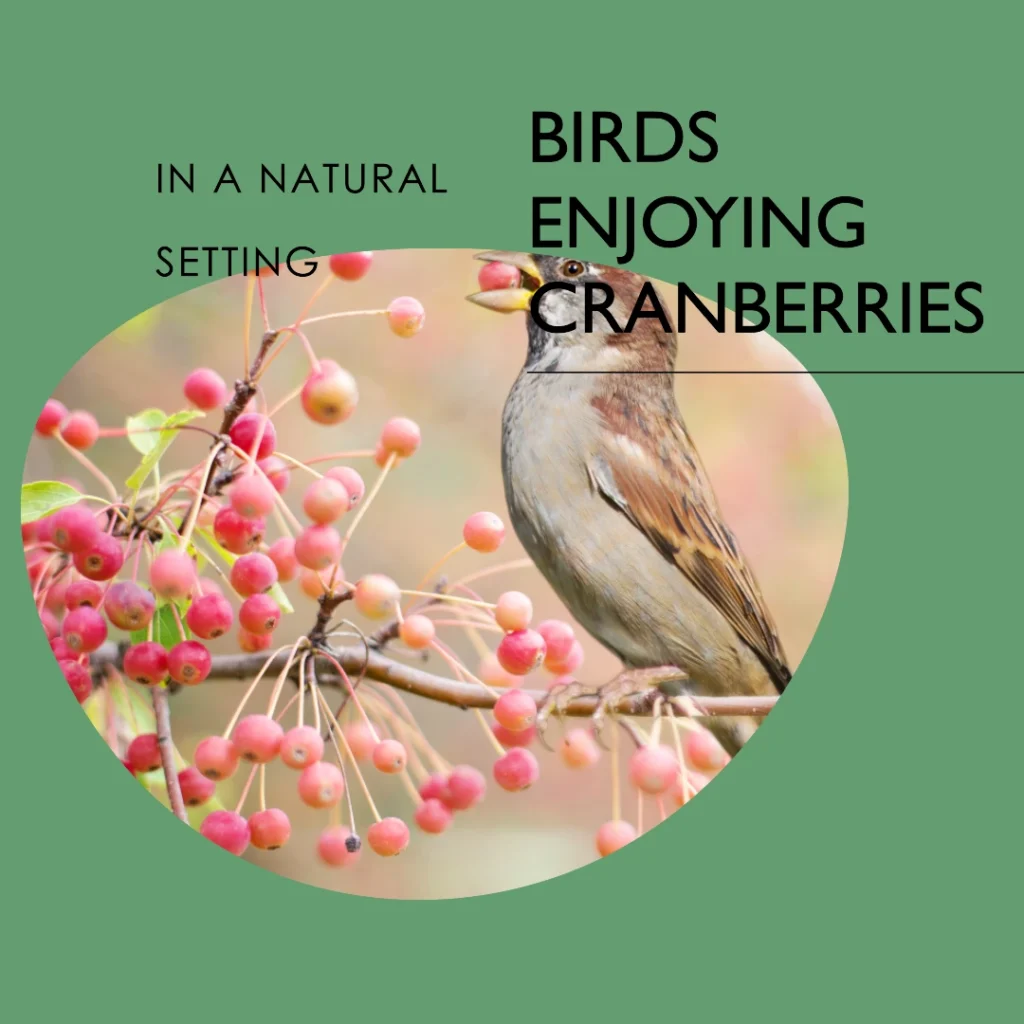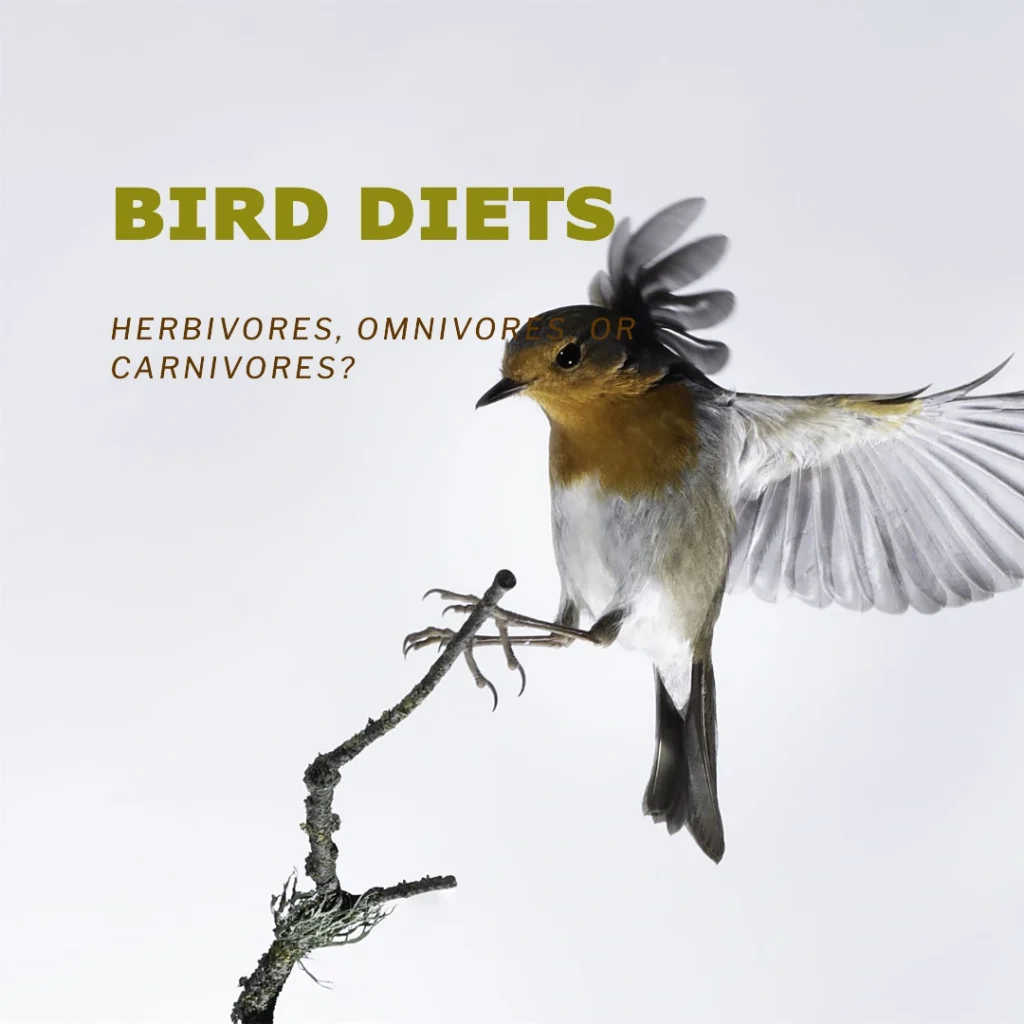For a long time, many people believed that birds had little or no sense of smell. Even famous bird expert John James Audubon thought that vultures found their food by sight rather than scent. However, in recent years, ornithologists (bird scientists) have discovered that many birds actually have a good sense of smell. By studying bird DNA, researchers have found genetic evidence that numerous bird species have well-developed olfactory (smell) abilities.
Table of Contents
Birds Use Their Keen Sense of Smell in Many Ways
While not all birds have an equally acute sense of smell, it turns out this sense is very important for many species. Here are some of the key ways birds rely on scent:
Finding Food
- Turkey vultures have an excellent sense of smell for locating carrion (dead animals). Their large nostrils can detect the odor of ethyl mercaptan, a chemical released by decaying flesh.
- Seabirds like petrels and albatrosses can smell chemicals emitted by their prey (krill, squid, etc.) from far away, helping them find food while flying low over the open ocean.
- Kiwi birds, which are nearly blind, use their nostrils at the end of their long beaks to sniff out worms and insects in the soil.
Navigating and Homing
- Homing pigeons may use scents carried on the wind as one way to navigate back to their loft.
- Some seabirds like petrels can identify their own burrow out of hundreds by its unique scent.
Social Communication
- Crested auklets produce a citrus-like odor during breeding season that may help them attract a mate.
- Antarctic prions can distinguish between the scents of individual mates.
- Juncos produce individually distinct preen oil odors that may indicate reproductive fitness to potential mates.
Avoiding Danger
- Blue tits and other songbirds will avoid their nest boxes if they detect the scent of predators like weasels.
- Frightened chicks vomit a foul-smelling substance, likely to deter predators.
The Avian Sense of Smell Varies Between Species
While these examples show many birds have a good sense of smell, not all birds are equal in their olfactory abilities. Researchers have found that the size of the olfactory bulb (the brain region that processes odors) varies significantly between species:
| Bird Group | Olfactory Bulb Size |
| Kiwis | Very large |
| Seabirds (albatrosses, petrels, etc.) | Large |
| Vultures | Large |
| Songbirds | Small |
| Parrots | Small |
This suggests that a bird’s sense of smell is adapted to its particular ecology and lifestyle. For example:
- Kiwis and kakapos have over 600 olfactory receptor genes, while canaries and blue tits have only about 200.
- Seabirds have especially large olfactory bulbs, as well as special nasal structures to help them pick up scents in windy ocean environments.
- Nocturnal birds like kiwis and kakapos may rely more on smell to find food in the dark.
Overturning the Myth of the Anosmic Bird
The old notion that birds have a poor sense of smell has been slow to change, even as evidence mounts that many birds have excellent olfactory abilities. Experts suggest a few reasons this myth persisted for so long:
- Early ornithologists like Audubon conducted flawed experiments that seemed to show birds couldn’t smell
- Scientists have focused much more on birds’ keen vision and hearing than their sense of smell
- Since odors disperse quickly in the air, the sense of smell was assumed to be of little use to flying birds
However, thanks to the efforts of dedicated researchers using modern methods, it is becoming increasingly clear that the avian sense of smell is far better and more important than previously thought. From homing pigeons to New Zealand kiwis, from mate selection to predator avoidance, birds rely on scent in a variety of fascinating ways. While not all birds are equally gifted in their sense of smell, olfaction plays a key role in the lives of many species. The days of thinking of birds as “anosmic” are over – it’s time to appreciate the secret world of avian scents!

